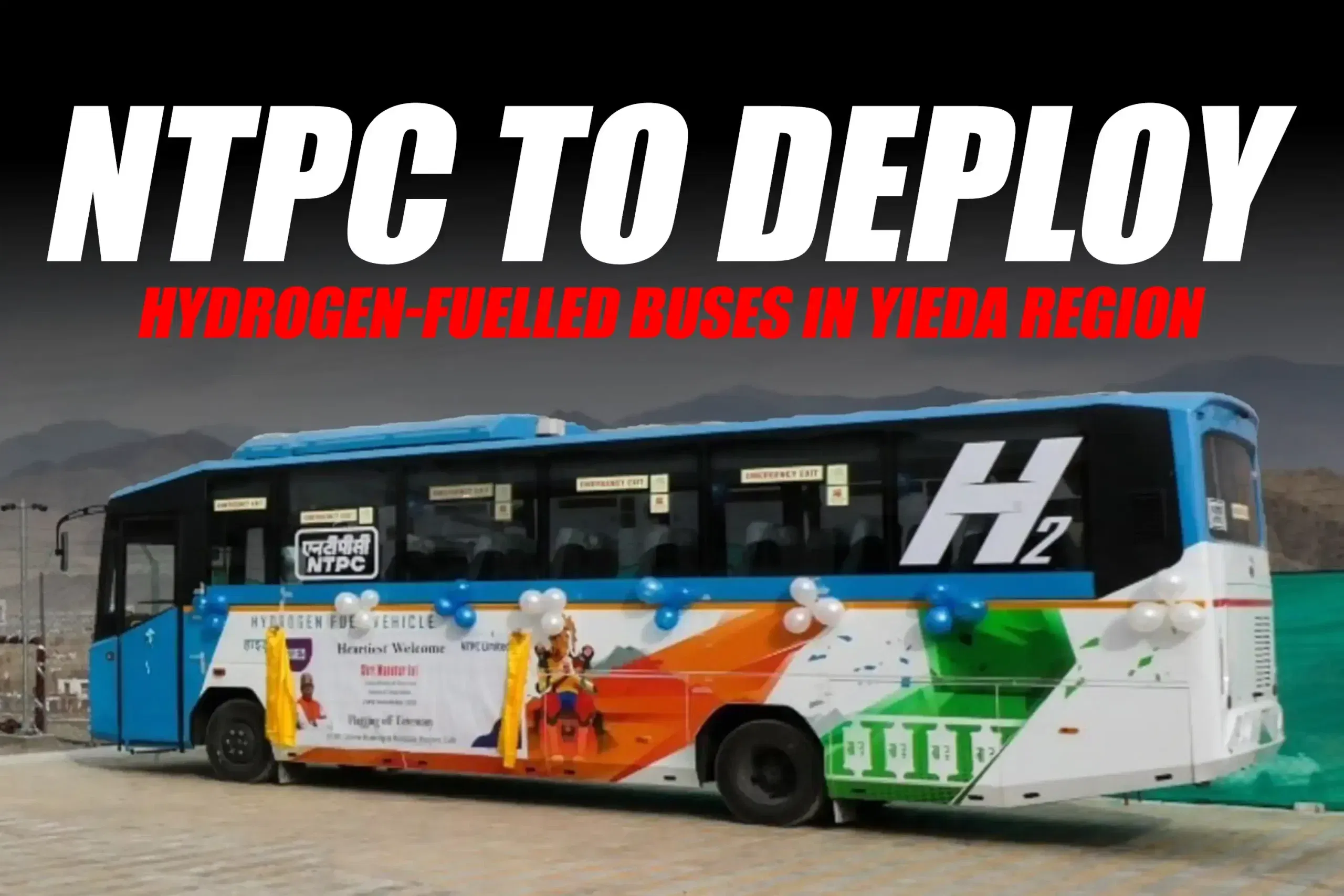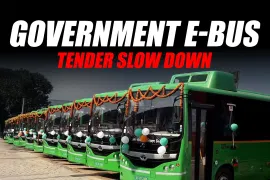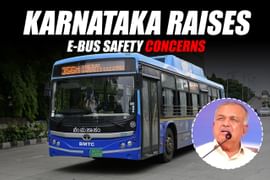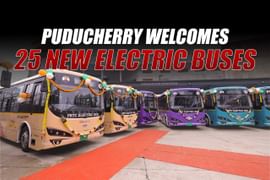India is entering a new era of clean transport. NTPC will soon operate the country’s first hydrogen fuel cell buses in the Yamuna Expressway Industrial Development Authority (YIEDA) region. The project marks an important move toward green public transport in India and supports the nation’s long-term vision of zero emission transport.
The Hydrogen Bus Project
Under a three-year pilot program, NTPC will run four 45-seater air-conditioned buses between Noida, Greater Noida and the upcoming Noida International Airport at Jewar. Two buses are ready and two more will join soon. Each bus will travel nearly 600 kilometers on one refill, proving that hydrogen can work for long-distance mobility.
These buses use fuel cells that mix hydrogen with oxygen to make electricity. The only by-product is water vapor. This process removes noise, smoke and harmful emissions from the road. It brings clean, silent and smooth travel to one of India’s busiest industrial zones.
NTPC’s Role and Hydrogen Ecosystem
The project forms part of the wider NTPC hydrogen project. NTPC will produce, store and supply hydrogen, while YIEDA will manage bus operations. The fuel will come from NTPC’s Dadri power plant, where hydrogen is created by splitting water through electrolysis. The hydrogen will be compressed and stored at a special refueling station near the route.
This setup will test how hydrogen can work at scale. It will help NTPC study refueling time, cost and energy efficiency. It will also show how hydrogen can support the future of the commercial vehicle industry, especially for fleets that need long range and short refueling breaks.
Why Hydrogen Matters for Transport
Hydrogen fuel cell buses bring many advantages. They cut carbon emissions to zero and operate quietly. They cover longer distances than electric buses and refill faster than battery vehicles. For large cities and industrial corridors, hydrogen can become a reliable alternative to diesel.
This pilot will also build local skills. Engineers, drivers and technicians will learn to work with hydrogen safely. Manufacturers will explore components for fuel cells, tanks and sensors. Over time, this can grow into a new clean energy supply chain across India.
A Step Toward Green Mobility
The introduction of the hydrogen bus in YIEDA is a representation of India's ambition to create sustainable mobility that protects the environment and is economically sound. And further, the demonstration that NTPC took the lead shows that public sector companies are in a position to innovate and help India meet its carbon reduction commitments.
If the pilot is successful, this could become a model for other cities to do the same; this could even symbiotically lead to hydrogen impulse trucks and other commercial vehicles, beyond that it could also smartly lead to a lifestyle approach that leads toward clean energy and transport efficiencies.
India's first hydrogen fuel cell bus use in YIEDA don't just indicate the beginning of a pilot; they show to the world that India is ready for a transport future guided by innovation and excited by sustainability and charged by a steady transition of clean movement.
For more articles and news, stay updated with 91trucks. Subscribe to our YouTube channel and follow us on Facebook, Instagram and LinkedIn for the latest videos and updates from the automotive world!
Related Stories:
Why Big OEMs’ Low Interest Stalls Government’s E-Bus Tender Progress?
Karnataka Minister Flags Safety Issues, Seeks Review of E-Bus Operations Under GCC Model









